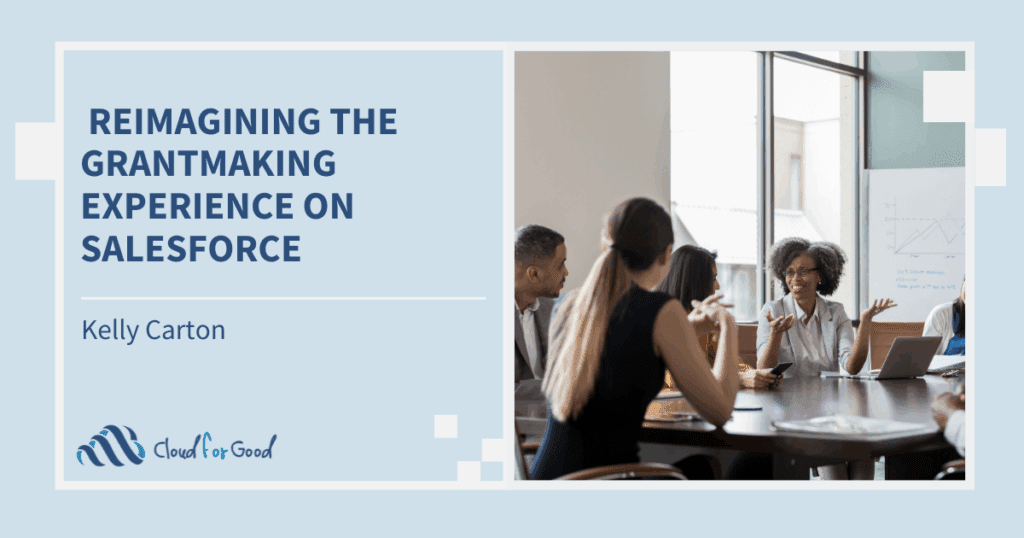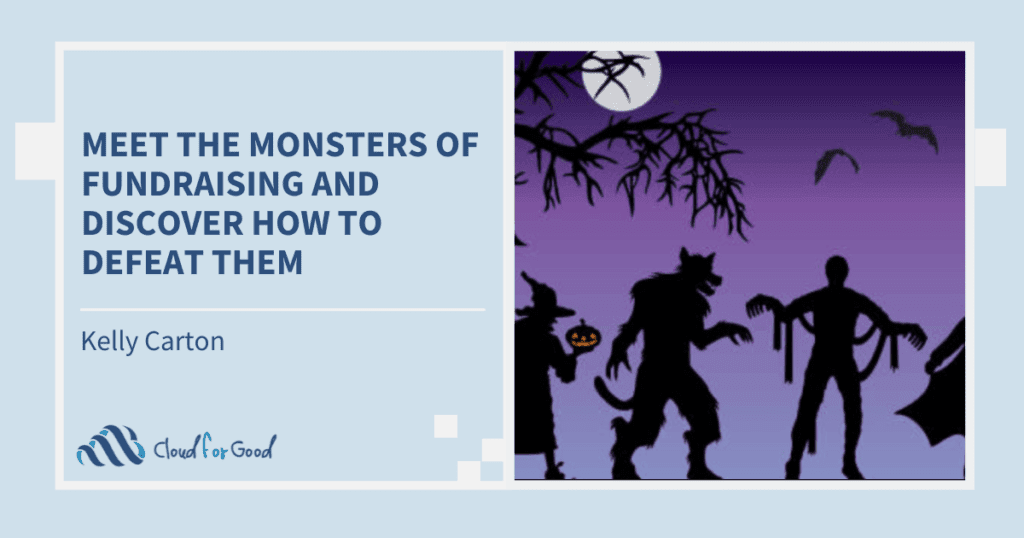With Dreamforce on the horizon, I thought now was a great time to share my Salesforce story. After completing university, I enrolled in an IT diploma course for university graduates that included classes in COBOL, Visual Basic, Power Builder, HTML and C++. I’ve coded “Hello World” in BASIC, Javascript and Visualforce. I’ve written a couple of small business applications in Visual Foxpro. I am capable of writing SQL queries that not overly complicated, and have put together some neat MS Excel macros. 20 years later, these forays into programming have taught me that I am not now, nor will I ever be, a programmer.
I started my career as a Salesforce Administrator in 2003. This was before workflows, formulas, and custom objects existed. I was the main, and often solo, admin for a diverse sales organization that had 300 users. I was responsible for requirements gathering, designing and implementing solutions, creating complex reports and dashboards, all while training and managing the sometimes divergent needs of my users and business owners. For the last three years, I have been using my Salesforce skills to help the clients of Cloud for Good.
Even though Salesforce originally marketed itself as the “End of Software” and promotes a “Clicks before Code” mantra, there seems to be an expectation that the natural career path of a good Salesforce Administrator is to become a Salesforce Developer. For years, the Dreamforce “Dev Zone” eclipsed the “Admin Zone” in size and scope, and look at how many coding for admins sessions there are. In addition to that pressure, it seems that you are not able to turn around these days without someone saying you have to code if you are going to be successful. While I absolutely agree that everyone should get a chance to try programming, coding is not for everyone, nor is it the epitome of a successful career.
There’s a huge difference between saying people should try coding and that all people should code. Just like playing music, programming is a skill. Similar to great musicians, great programmers spend a lifetime honing their skills, learning different languages and building on past successes and mistakes. Maybe you can bang out Hot Cross Buns on a piano, but that doesn’t mean you are a musician. The expectation that all people should, or can, code does a real disservice to the professional programmers. It also underestimates the real effort it takes to be a good developer.
A good Salesforce Administrator should know when it’s time to use Salesforce’s declarative tools and when to use code. Learn when you should use workflows, processes, flows and triggers to automate tasks. Understand when is it best to use different page layouts, record types, flows or VisualForce pages to control your user interface. If you are interested in Visualforce or Apex, take the courses, but if you decide that programming is not for you, don’t think of it as a failure. Instead, concentrate on learning best practices and the functionality of the tools that Salesforce has given you, so that you can use clicks, not code. If you do like coding, take your time writing your code and try to have an experienced programmer review your work before deploying it to your production environment. Keep in mind that people deserve to be compensated for their work. When someone does review or write code for you, it should come with a price tag. If a friend or colleague is trying to help you out, offer to buy them a coffee, as they help you move forward in your career.
In the Salesforce world, being a programmer is just one career path you can follow. Great Salesforce Administrators, Business Analysts, Project Managers, Consultants, and subject matter experts in Sales Cloud, Service Cloud, NPSP, Volunteers for Salesforce, Pardot, Marketing Cloud, Communities and Salesforce CPQ, just to name a few, are also needed. The diverse range of skills needed within the Salesforce ecosystem is what makes the Salesforce community so exciting. There is room for everyone. Find your niche, embrace it, and look forward to an exciting career of lifelong learning and growth.
You may also be interested in reading:





